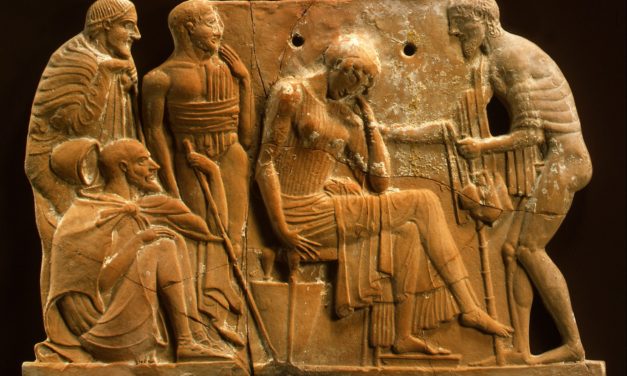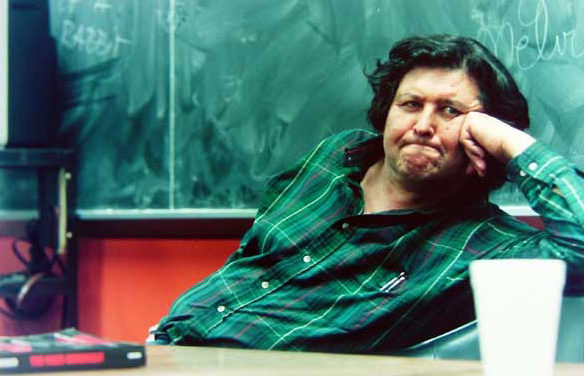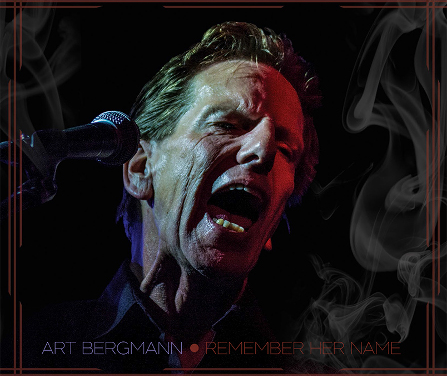Football and CTE
This past weekend was Grey Cup weekend in Canada. The Toronto Argonauts and the Calgary Stampeders met at TD Place Stadium in the Nation’s Capital. The Argos won 27-24 in another classic. In the lead up to the game, Canadian Football League Commissioner Randy Ambrosie declared that ‘we don’t know‘ if there is a connection between CTE and football. Around this time last year, the former CFL Commissioner Jeffrey Orridge said the same thing and was roundly criticized. Ambrosie is being suitably raked over the coals. But here’s the thing, Ambrosie should know better. He is a former CFL player himself, he was a lineman for the Stampeders, Argonauts, and Edmonton Eskimos (why no one protests this name is beyond me). Ironically, he retired due to injuries. And he should know about the damage done to his own body by the game. I am certainly aware of what football did to my body, between the cranky knees, shoulders, and, of course, the concussions (added to, of course, by hockey, where I played goalie). More to the point, it looks pretty damn likely that there is a connection between football and CTE. This is just media one story from this past summer (out of many) that reports on a study that found that 88% of brains donated by now-deceased former football players had some form of CTE. CTE was also...
Read More



